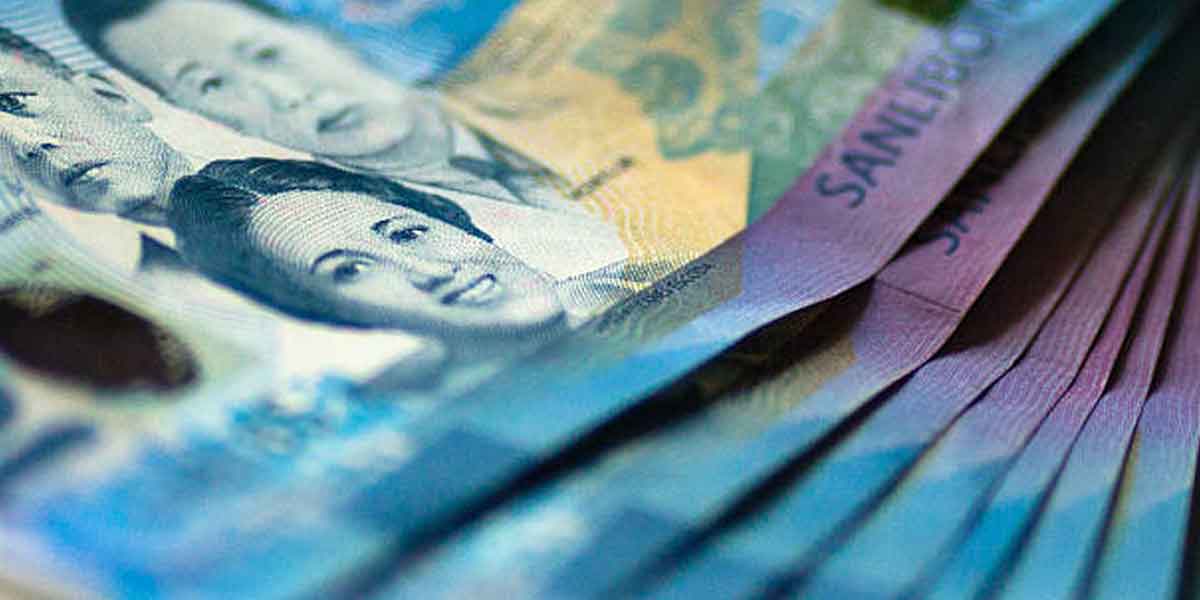The Philippine government, through the National Economic and Development Authority (NEDA), is intensifying its actions to curb inflationary pressures amid the ongoing challenges posed by El Niño and the impending La Niña weather phenomena.
NEDA’s latest efforts aim to ensure that food and energy supplies remain stable and to preemptively mitigate potential price spikes.
In a recent report, the Philippine Statistics Authority (PSA) noted a modest rise in inflation, climbing to 3.7 percent in March 2024 from 3.4 percent the preceding month. However, the quarter’s average maintains a comfortable position at 3.3 percent within the government’s projected bracket of 2.0 to 4.0 percent.
This inflationary bump largely springs from the accelerated food inflation, particularly in the rice sector, which soared to 24.4 percent. Meat inflation likewise edged higher. These spikes were partially offset by slower price hikes in dairy, fruits, cereals, and ready-made food, coupled with deflation in the cost of fish, vegetables, and sugar.
Non-food inflation remained consistent at 2.4 percent, balancing a surge in the inflation rate for transport, dining, health, and leisure sectors with a reduction in housing and utility costs.
NEDA Secretary Arsenio M. Balisacan underlined the government’s vigilance over climatic shifts and their potential impact on key commodity supplies, emphasizing measures to shield households from abrupt price jumps. Initiatives include monitoring water reserves by the Department of Environment and Natural Resources and supporting drought-impacted farmers through the Department of Agriculture.
Balisacan also highlighted the government’s preemptive steps against La Niña, focusing on safeguarding food and energy security, ensuring water availability, and prioritizing public health and safety.
Moreover, the government’s Lifeline Rate program presents a respite from high electricity costs for eligible citizens, with approximately 4.9 percent of 4.6 million beneficiaries of the Pantawid Pamilyang Pilipino Program already registered as of January 2024.
In a recent Full Cabinet Meeting, the Development Budget Coordination Committee reaffirmed its inflation target range of 2.0 to 4.0 percent through 2028, banking on both monetary and non-monetary measures to regulate commodity prices and avert future increases.
Balisacan articulated the administration’s dedication to managing inflation amidst looming risks such as potential fare, wage, and utility service fee hikes. This commitment is seen as vital for sustaining economic growth and improving the welfare of Filipinos.




















